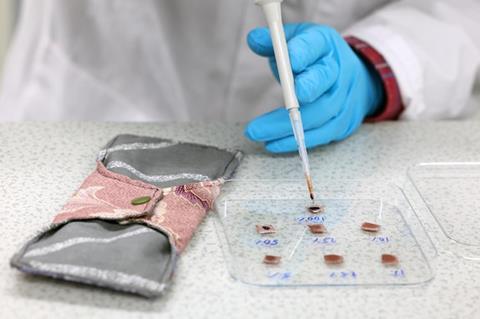
Cardiff University scientists have developed a self-cleaning period product to be launched in rural communities in Nepal. After extensive testing in the lab, the researchers are rolling out this low-tech, easy to manufacture prototype to assess how it performs in trials. They have teamed up with local NGO, Global Action Nepal, for this pilot study to validate the practicality and chemical soundness of the product. ‘The key is to go beyond the chemistry … to understand how the products are used rather than us making an assumption,’ says Jennifer Edwards, lead chemist on the project.
Self-cleaning materials have been widely studied due to their anti-microbial properties. The cross-disciplinary team of researchers at Cardiff synthesised a non-toxic, scalable and commercially viable cotton pad coated with a novel titanium oxide-based photocatalyst that not only breaks down microbes in water but does so in relevant amounts of blood, as well as maintaining its ability to eliminate stains and odours. ‘We’ve got a textile that’s stable and reusable and resistant to washing … our most active formulation can get rid of 99.9999% of bugs in 15 minutes,’ says Edwards. Once pads have been washed, they can be left to dry in the sun where the photocatalyst gets to work producing radicals that can eradicate several – difficult to kill – organisms including yeast and norovirus.
Current reusable period products widely used in Nepal, and more generally in the global south, contribute to urinary tract infections – as much as half of women in agricultural work are estimated to have urological infections at any given time. Rural communities often lack detergents and clean water to remove disease-causing pathogens. ‘I think 90–95% of [clean] water is not available in many places … making it difficult for a menstruator to keep cleaning these [pads] and them not getting infected,’ says BK Shrestha, director of Global Action Nepal. This can have negative effects on mental health, as well as more severe fertility issues.
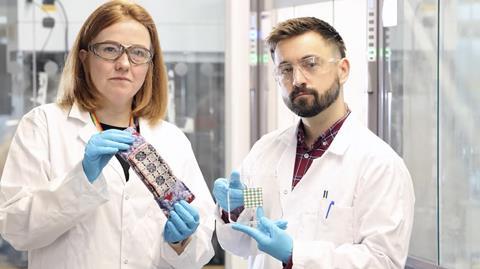
The self-cleaning pads are similar to those already used by women in Nepal and only need a small amount of water to wash them plus sunlight to keep them hygienic. The initial six-month field study is slated to start in mid 2024, will work with women to get their feedback on the pads and potential barriers of adopting the new technology. ‘We’re trying to bring local government and health centres, medical offices, women groups … there are so many other organisations, even schools that will be engaged in this,’ Shrestha says. At the end of the first six months, ‘detailed biological analyses of the product such as how much blood is left on the product, the concentration of proteins and bacteria will be conducted’ in Nepal explains Michael Pascoe, primary microbiologist on the project.
The technology is compatible with current methods used to coat and finish textiles in the global south making it low cost and feasible. ‘I made one in my kitchen the night before a conference in Senegal,’ says Pascoe. The vision goes beyond delivering a sustainable solution but also enfranchises women by creating business opportunities. ‘It’s not something that we’re gatekeeping … [it’s something that we are] designing to be a globally accessible product,’ notes Edwards.




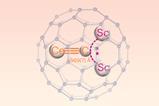
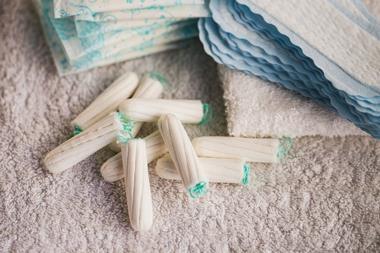


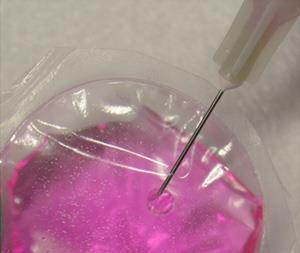
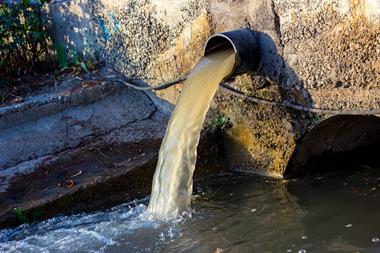







No comments yet